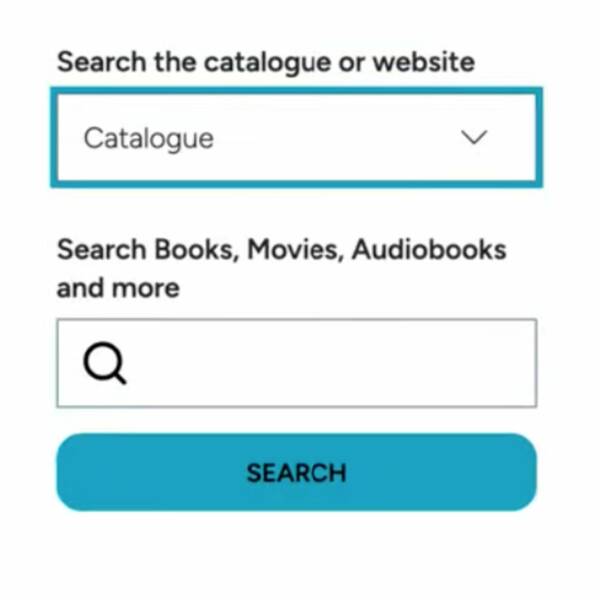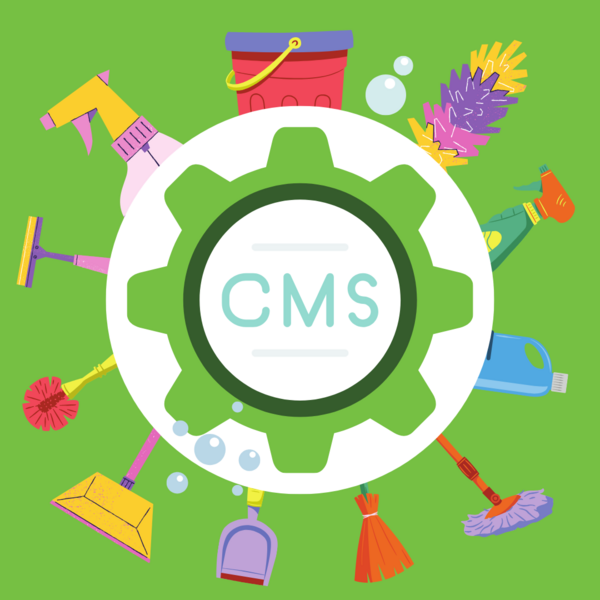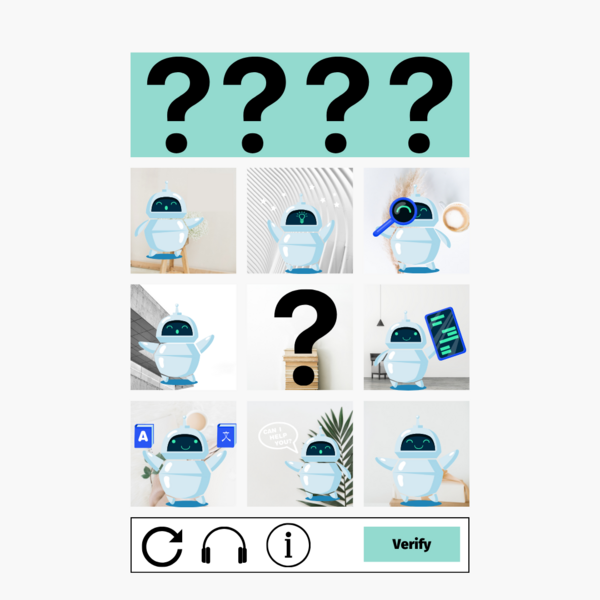Mugo partner since 2023
Yellowhead Regional Library launches new website platform on a tight deadline
Yellowhead Regional Library (YRL) had a problem. The license for their existing website service was ending, and it was ending soon. They knew they weren’t happy with their current solution, and had even considered switching services a year prior. They’d gotten quotes but were shocked by the ticket price for a solution that wasn’t meeting their needs. Further complicating the issues was the fact that YRL was in partnership with two other regions that also needed time to consider their options, and ultimately decided to go separate paths. All this brought a critical decision down to the wire. They needed a new website provider, soon. That’s when they reached out to Mugo Web.
YRL knew about Mugo thanks to the work we’d done for their consortial partners in Alberta, the Marigold and Peace Library Systems, the first systems in the Mugo Library family. Being part of a long-standing consortium (TRAC), these regions have a history of cooperation and sharing. YRL decided to expand on that relationship and migrate to Mugo to join the same web platform. “We already share an ILS. We’re used to sharing projects together and we had a desire to work closer together. This was fiscally a better option and makes adding new services in the future much easier,” said Laina Kelly, Manager of Technology Services for YRL. “Our colleagues were excited about this move. We surveyed our libraries and they all overwhelmingly liked the Marigold and Peace library sites.”
“Mugo Library was built to support not just many libraries, but many library systems on the same platform,” commented Peter Keung, Managing Director of Mugo Web. “It was in fact originally built in collaboration with Marigold and Peace. Those two library systems helped shape what Mugo Library would become, and we were eager to further scale and expand their platform.”
Melding three library systems into one platform did bring up some interesting considerations, though. Adding a single library to any of the current systems is a straightforward process. Adding a whole other system, with separate domains and DNS, new functional requirements, and over 40 more individual libraries required a lot of coordination between the three. In the midst of this process, all three systems decided to migrate to Oracle Cloud Infrastructure for DNS; DNS is a key component of Mugo Library’s automated SSL certificates. “It was a huge benefit that [Marigold and Peace] had training and support to help as well. Marigold supported our DNS work that needed to happen.” Laina reported.
There was the challenge of adding new features to the existing platform based on YRL’s needs. For instance, several of the YRL member libraries had multiple branches, which was unique compared to the other Alberta libraries. There needed to be a new way to represent multiple locations for individual libraries. While this wasn’t a difficult problem to solve technically, it required communication across three library systems. Thankfully, the three systems in question had a strong relationship, and the addition of YRL brought about opportunities for further collaboration and a chance to update the original two systems.
There were several new features that all three libraries wanted to incorporate, and YRL wrote a grant for additional funding to support those changes for the three libraries. Based on that grant, future work for the three systems includes expanded event registration reporting capabilities, more robust website hosting, and more. “The grant was a way we could reciprocate the assistance Marigold and Peace were giving us. But no one on my team had had ever written a grant before,” Kelly said about the process. “Luckily, Mugo Web had a librarian on staff with grant writing experience, which was a huge value add.”
Once YRL was added to the platform, it was time to migrate content and train staff on an entirely new system, all while still meeting the end-of-life deadline for their existing site. Thanks to the incredible organization of the YRL team, administrative support from the regional offices, and detailed training sessions from Mugo Web, all of the individual libraries were onboarded smoothly. “YRL has a great process for content migration,” Keung reflected. “They had all the steps assigned in milestones, and ran the project much the same way we run our development projects.”
Overall, the response from the system has been highly positive. Local libraries love having the Mugo Library event registration system. The new platform’s editorial interface is more efficient compared to YRL’s previous vendor. “Mugo’s platform is a nice cross between CMS and drag and drop. There are lots of intuitive controls,” reported Andrew Nierenhausen, the Digital Initiatives Librarian for YRL.
Having a staging site for sandbox testing and training has also proved useful to YRL. In the cases of some of the smaller libraries, they might not have ever updated their own website in the previous system. But having a chance to train thoroughly and get comfortable editing in a safe environment has allowed the libraries to take more ownership of their library’s site. “We expect libraries will continue to become more ambitious and start using more features now,” Kelly said.
For patrons, the new websites brought about some welcome changes. Surveys have shown that the Mugo Library event registration system is popular, as it better highlights events and shows registrants how many spots are available for new attendees. Booklists that feature the library’s collection on different pages have also been a crowd pleaser, and the updated design of the site with easier navigation has increased the user experience overall.
The experience working with Mugo Web was so positive during this project that YRL even asked Mugo to develop a new website for The Regional Automation Society (TRAC), the governing board for the shared ILS and services for four of the seven library systems in Alberta. “Mugo accommodated us incredibly quickly. We were able to make our deadlines, which was huge. And we didn’t have to pay through the nose for it,” Nierenhausen commented, “It’s been a very different experience compared to our previous vendor and how quickly things could move.”
Mugo Web is happy to continue our partnership with YRL, Marigold, and Peace, and to continue to evolve the Mugo Library website platform. “Mugo Library includes all the necessary components to support multiple libraries,” Keung reflected. “It allows for uniformity across the general system but also allows for enough flexibility for individual systems. We can accommodate specific requests without disrupting the whole. Together with our library partners, we can continue to grow the platform for staff and patrons alike.”
Newly revised rules from the ADA regarding digital accessibility mean libraries in the United States have until April 26th, 2026, to ensure they are conforming to WCAG 2.1 AA standards. What does this entail, and how can a library system start making content more accessible?

Tabbing through a web page can be a frustrating experience. The user tabs to access a menu, but with the keyboard's next tap, they’ve moved on to another page element and have to retrace their steps to access the desired content.
For users who rely on keyboard navigation, this can be a major accessibility roadblock. And for other site visitors, it’s just poor UX.
Fortunately, you can implement a fairly straightforward function in JavaScript called a “focus trap” to ensure users don’t leave the page area they’re in without intending to do so.

WordPress can be a great option for easy website development, but because of the rapid evolution of the CMS, it can lead to inefficient code and slow loading pages. We'll show you how to clean up unused CSS and JS from pages to improve site-wide performance.

CAPTCHA is an essential need on online forms, but to be blunt, the UX sucks. Without the implementation tips (helpfully detailed below), Google’s otherwise reliable reCAPTCHA service implemented “as-is” doesn’t actually provide any browser validation. The user will have to wait for it to make a time-consuming round trip to the server. It’s a problem for anyone and becomes compounded for users with accessibility needs.